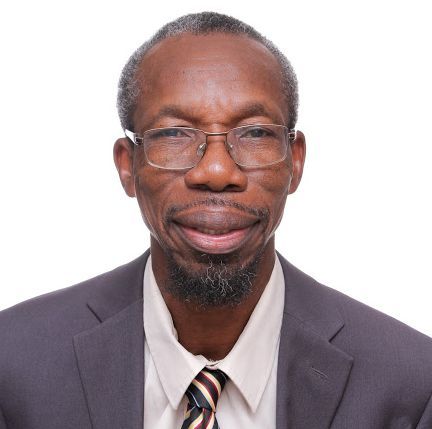By Hudson George
October 19, 2020, marked 37 years since Maurice Bishop was executed in a power struggle and gun battle between two factions within the People’s Revolutionary (PRG) government. However, the tragic event is still debated among Grenadians along the lines: Why was he killed; and six days later American soldiers invaded the country to restored law and order.
Politics is a game politicians understand, while their followers give them confidential support blindly, whether they are right or wrong. And in our Grenadian society, it is part of the norms for supporters of popular politicians to worship them as infallible beings.
Although Bishop’s tragic death created the end of the revolution, Bishop himself was a ‘political trickster’. He used the New Jewel Movement (NJM) as a political front to overthrow Eric Gairy GULP regime, on March 13, 1979 and then dumped them as garbage. Therefore, if the NJM supporters were valuable and brave enough to capture all the parishes outside St George to defeat Gairy’s security forces and to secure the revolution, how come they were not given important roles in the PRG regime?
The revolution was supposed to be the NJM revolution, but Bishop rebranded the revolution and the PRG. This is also another important issue we need to discuss as Grenadians.
The comrade leader then popularised the slogan: “Forward Ever Backward Never.” And unfortunately, up to this day, some Grenadians are still using the slogan without having any understanding of the true meaning of it.
The true meaning of the slogan “Forward Ever Backward Never” means, in politics, he does not care anything about people who were his political friends in the past. He was then the leader of Grenada, and his revolutionary goal was to achieve what he envisaged. Therefore, if those whom he dumped challenged his domain, ‘he will get rid of them by any means necessary’ to save his political domain.
March 13, 1979 was supposed to be a new beginning for change with a new leadership role in Grenada’s politics. Unfortunately, this was not the case and by the end of the first year of the revolution, the NJM members realised that they were not welcome in the process to create a new Grenada.
The power base of the revolution moved to the South of the island. St Paul’s village became the central location for the revolution because it was Bishop home village. On the other hand, even his die-heart followers had no clue about how the PRG regime functioned. All they care about was their comrade leader and whatever he told them they believed.
With the new leadership style of Bishop established, it was expected that he would not accept the decision of his party Central Committee members to share power with his deputy. Therefore, the move to replace him as the maximum leader was seemingly ‘suicidal’ for the regime.
The comrade leader had too much to lose. He had already developed the characteristics of a political leader for life, so his removal could not have been a smooth transition. On October 19, 1983, he died fighting to reclaim his hold on power as if God made gave him Grenada and Grenadians as his property.
And up this present time, his supporters still believe he had all the legitimate rights to be Grenada’s maximum leader. But I cannot understand why they still cherishing such a belief. So, the big question is: Why he wanted to be Grenada’s maximum leader for life?





